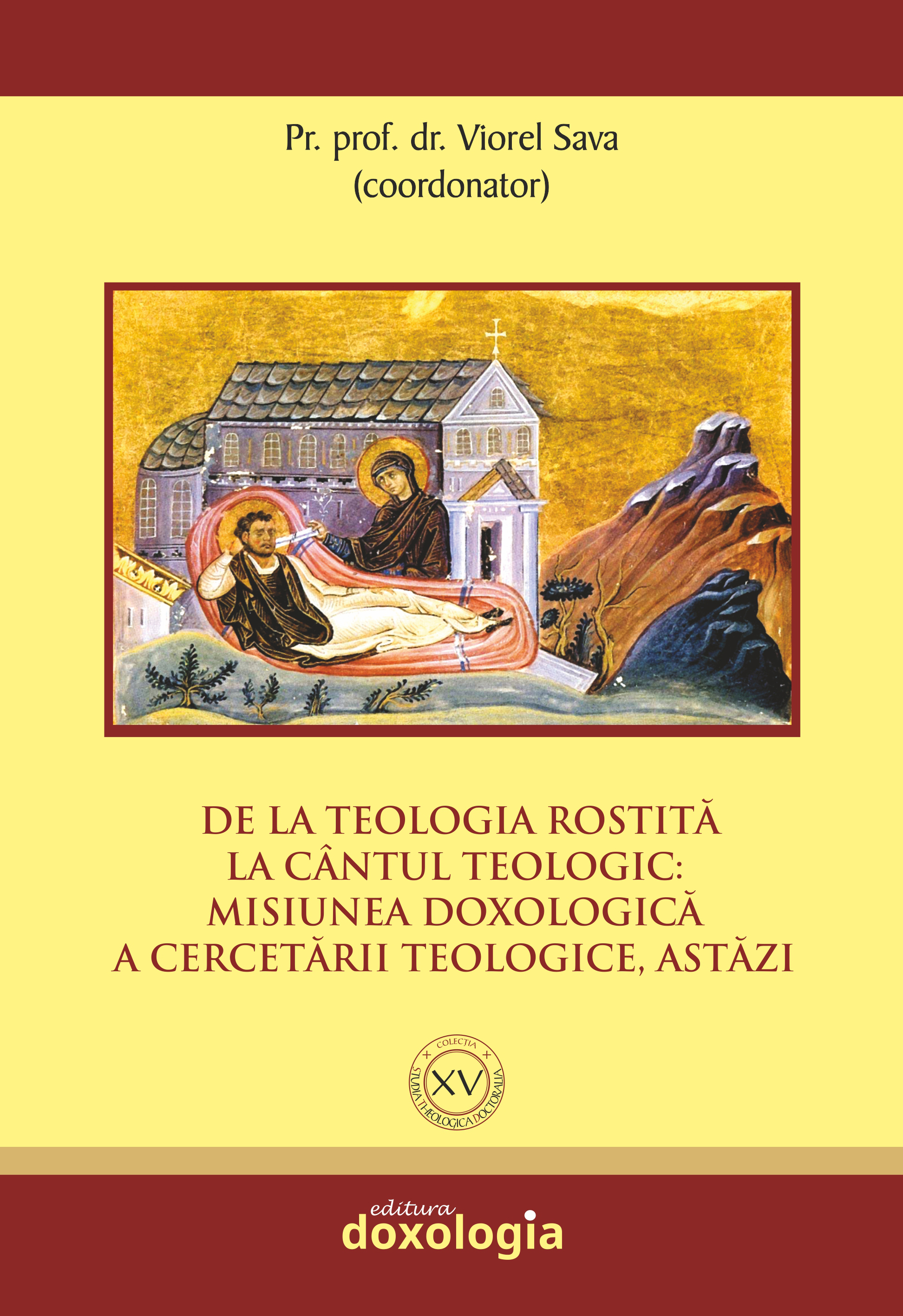A parallel reading of the Christian perception of love and the ethics of utility. Similarities and Differences
A parallel reading of the Christian perception of love and the ethics of utility. Similarities and Differences
Author(s): Marlena Zerva
Subject(s): Theology and Religion, Comparative Studies of Religion
Published by: Editura Doxologia
Keywords: utilitarian moral theory; Christian love; self sacrifice; bioethics; orthodox ethics;
Summary/Abstract: The meaning of happiness that the utilitarian theory highlights concerns the happiness of all not only one’s in particular. If someone had to decide between his own happiness and that of others, the utilitarian theory requires that person to be an unbiased and warm-hearted spectator. This reminds us of the Christian Love “Love others as much as you love yourself”, Each Christian is called to love his fellowman as he loves himself, since the supreme good in Christian morality is the love of God and fellowman that fulfills the purpose of man’s existence, which is the communion with God. Also, self-sacrifice plays an important role in the utilitarian theory since it is admirable to be able to completely give up one's own share of happiness or chances of it, if that self-sacrifice is made for a purpose and not only for one’s own benefit. . In self-sacrifice man defeats death with love. During the suicide, man is defeated by death, because man is unable to love. Self-sacrifice occupies a prominent place in the Church. Christ himself presents it as the highest form of love. Hence, in the utilitarian theory, self-sacrifice is praiseworthy only when it aims to maximize happiness, therefore self- sacrifice cannot be considered as a moral act when it aims exclusively at the happiness of a person. On the contrary, Christian love presupposes love for one's neighbor. The commandment says to love your neighbor as you love yourself, each of us acts in a way that will benefit himself, acts with the aim of progress, prosperity, and desires good for himself. In the same way he must act for his neighbor. The utilitarian moral theory requires a person to be strictly impartial as a disinterested and benevolent spectator, an idea that reminds us a lot of the Christian perspective of love. However, Christian ethics focuses on the concept of love while urging each of us to do good in contrast to utilitarian ethical theory that focuses on the outcome of an action and the maximizing happiness.
- Page Range: 284-290
- Page Count: 7
- Publication Year: 2023
- Language: English
- Content File-PDF

